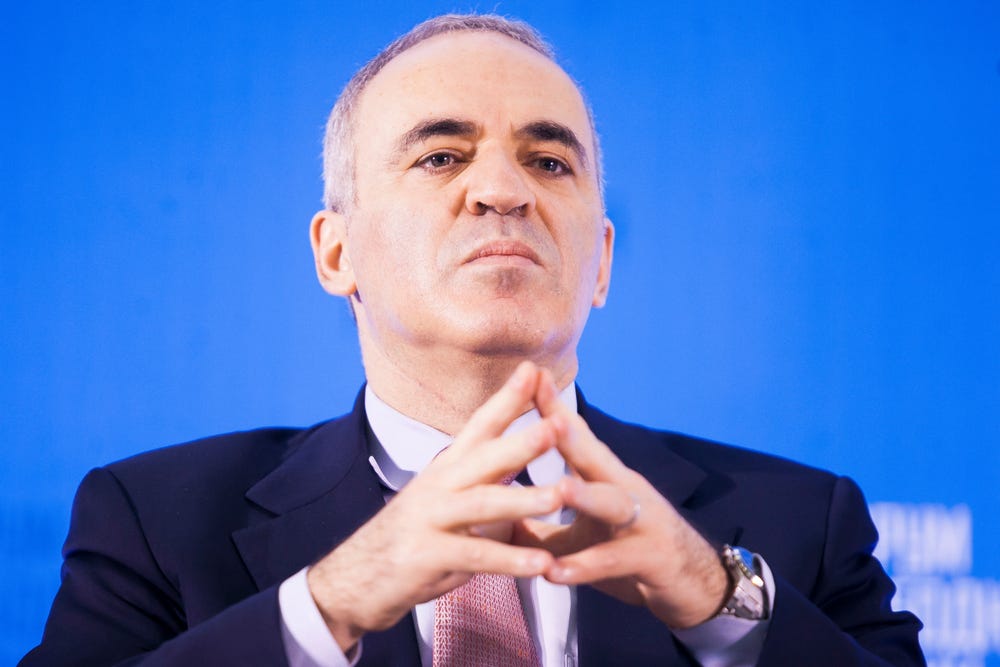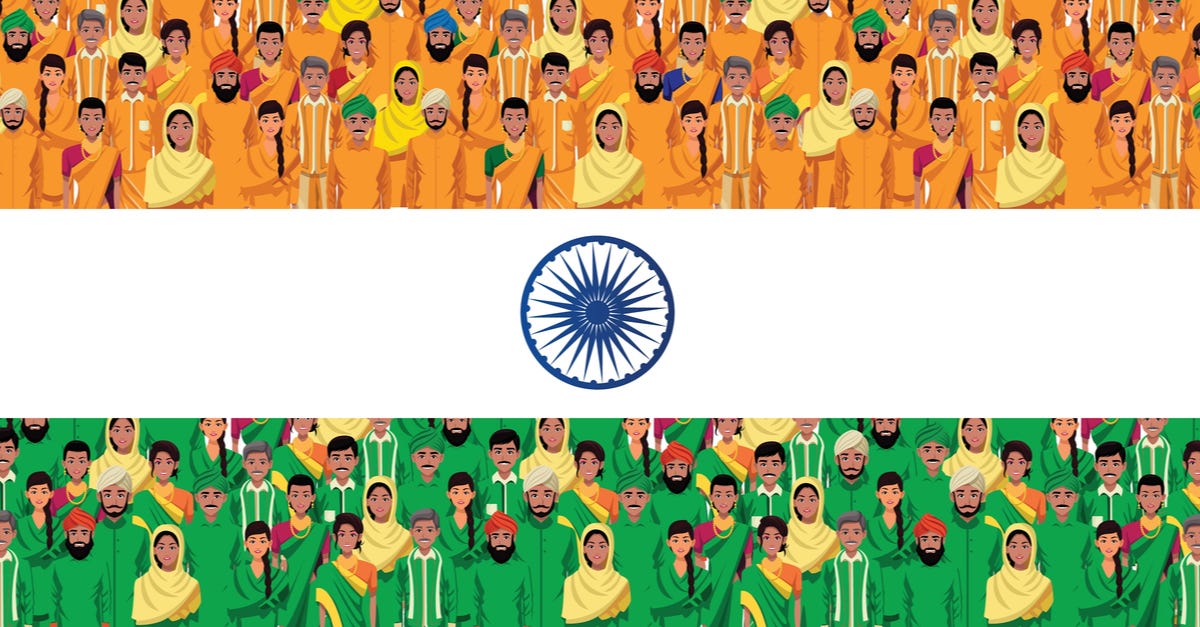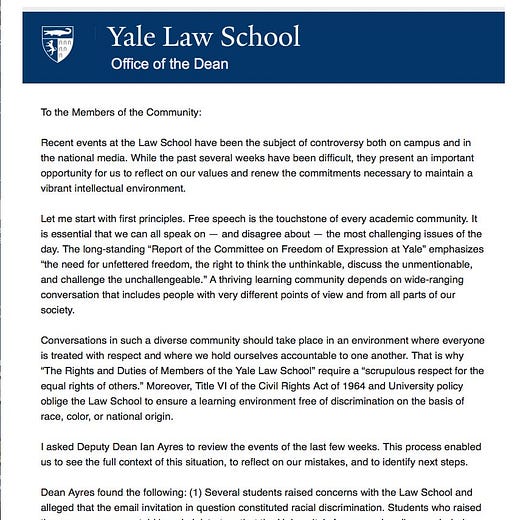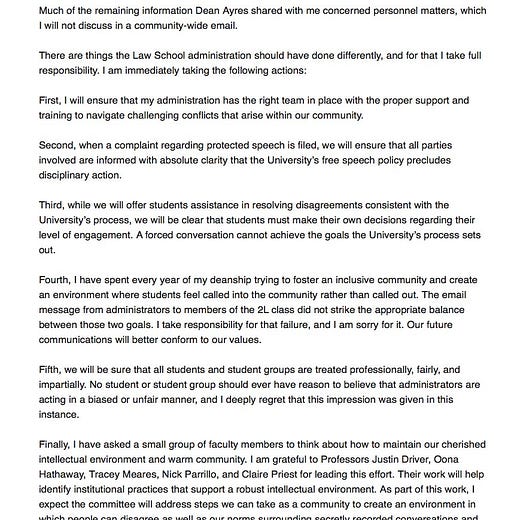E-Pluribus | November 18, 2021
The growing free speech marketplace, 'wokeness' is a threat to democracy, and India's war on journalists.
A round up of the latest and best writing and musings on the rise of illiberalism in the public discourse:
Steven Malanga: Free-Speech Entrepreneurs
As concerns have grown over both government regulation of social media and illiberal tendencies within that very industry, alternatives began springing up. Steven Malanga at City Journal chronicles the emergence of several new players in the digital publishing field that are challenging the media establishment.
[…] Rumble is only the latest online service to find itself profiting from the online censorship wars. Substack, a newsletter platform conceived as a way for ambitious individuals and small publishers to reach an audience cheaply, has seen its subscriber base double in the last few months as prominent writers—including Greenwald, Andrew Sullivan, and Bari Weiss—have moved to the service following censorship run-ins at their old publications. Many writers who have moved to Substack report earning much more than what they’d made before. So lucrative has the self-publishing model become that Substack now finds itself in a price war with Ghost, another player in the online self-publishing game.
The sudden, rapid rise of these services offers a lesson in the link between free markets and free speech. Conceived before the current round of controversies over censorship by online giants Twitter, YouTube, and Facebook, these alternative platforms were initially designed by small entrepreneurs hoping to gain an audience in a market often dominated by corporate players. In just a few months, however, they’ve also emerged as a way around big-tech censorship. In the process, they’re paying handsome dividends to creators, investors, and users.
[…]
Mainstream media have taken notice and are now fighting back. Earlier this year, the New York Times persuaded one of its prominent columnists, Paul Krugman, to move his Substack blog, “Krugman Wonks Out,” to the Times’s website. Now the Times has launched a series of subscriber-only newsletters tied to its opinion section.
Read it all.
Garry Kasparov: ‘Woke’ Is a Bad Word for a Real Threat to American Democracy
When it comes to spotting dangers to democracy, it’s difficult to question Garry Kasparov’s qualifications. Citing examples from around the world, Kasparov writes at the Wall Street Journal how the quest for political and cultural power undermines democracy, even when (or especially when) it’s being done in the name of equality and fairness.
The leading practitioners of these tactics have two contradictory responses to criticism. First, they say it isn’t happening, that it doesn’t exist, that drawing attention to it is a rhetorical whine to silence critics of the establishment and shield the privileged from accountability. Second, they blame the victims, calling them bad people with bad ideas who should be banished to make room for more diverse voices. Claiming you are fighting fire with fire can be used to justify any excess; the only way to fight back is to take freedom away from someone else.
[…]
Increasing numbers of Americans believe their freedom is under attack, and I agree. Antidemocratic forces are on the rise. Election results are treated as suspect. Threats of violence are becoming routine.
Schools are being pressured to remove books and cancel professors for spreading the “wrong” ideas. These sentiments are all too familiar to me, and to anyone who has survived life in a dictatorship. The only answer is more freedom, more speech, not less.
This is why the Renew Democracy Initiative launched the Frontlines of Freedom project, which gives voice to dissidents from authoritarian regimes around the world. Americans have the rights and self-determination that people in Russia, Hong Kong and Zimbabwe are literally dying for. We see the pillars of American democracy under attack from within, by rioters at the Capitol and online mobs. Rights are violated in the U.S. when the system fails. They are violated in dictatorships when the system works as intended. Heed this warning.
Read it all here.
Debasish Roy Chowdhury and John Keane: India’s Increasingly Despotic Crackdown on Journalists
Speaking of threats to democracy around the world, Debasish Chowdhury and John Keane at Quillette call attention to worrying developments in the world’s most populous democracy, India. In the name of public safety and health and fighting terrorism, the Indian government is coming down hard on journalists who are holding officials accountable, and the United States would do well to consider the slippery slope India seems to be on.
Varadarajan was one of the many journalists targeted by a vindictive executive looking to settle scores in the midst of the pandemic. As many as 55 journalists were targeted by the police across India within two months of the lockdown for daring to report on the poor handling of COVID. Journalists, public intellectuals, and activists critical of government action found themselves thrown into jail at a time when other countries were decongesting prisons to reduce contagion risks. Many of them were booked under the draconian Unlawful Activities (Prevention) Act (UAPA), a law from the 1960s that restricts some of the fundamental rights of individuals deemed a threat to the sovereignty and integrity of India. As a result of new amendments, India’s federal government can now label an individual—rather than an organization—as a terrorist if it merely believes so. The burden of proof lies entirely with the accused. It is among several extraordinary laws that limit dissent, including dissent expressed by journalists, on grounds of national security.
Others include the National Security Act and the Public Safety Act, both of which allow for detention without charge or trial on vague grounds. Then there are colonial-era sedition laws that continue to be used with impunity by both state and federal governments. Journalists often end up in jail for Facebook posts and retweets critical of local despots who deem these social-media posts to be “inflammatory” or a threat to “law and order.” Social media posts against the government are now treated as cybercrime in the state of Bihar, and grounds for the withdrawal of a passport in Uttarakhand.
Journalists across India are subject to imprisonment and legal harassment for the most routine of media activities, from covering protests to train derailments. If a despotic executive, enjoying a free hand from the legislature and the courts, considers any journalist or reportage as prejudicial, there’s little legal room for journalists to push back. If it’s not charges of sedition, there are always defamation suits that governments and political parties can use.
Read the whole thing.
Around Twitter
A thread (click through for the whole thing) by Nicholas Christakis reacting to Yale’s response regarding its treatment of a student who sent an apparently problematic email:
A thread via Persuasion on a worrying development in France:
And finally, what does skateboarding have to do with Critical Race Theory? Here’s Kimi Katiti, via FAIR (Foundation Against Intolerance & Racism):













